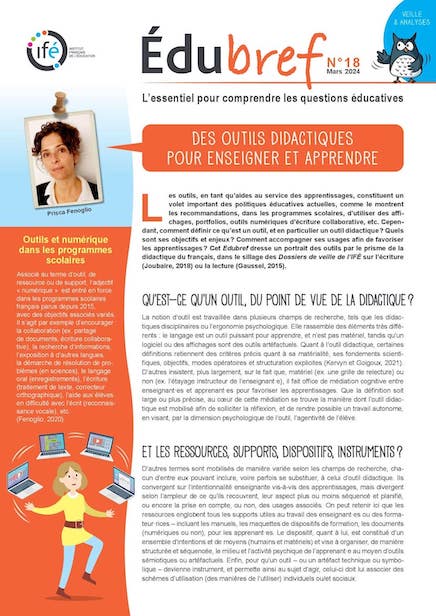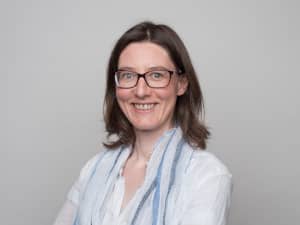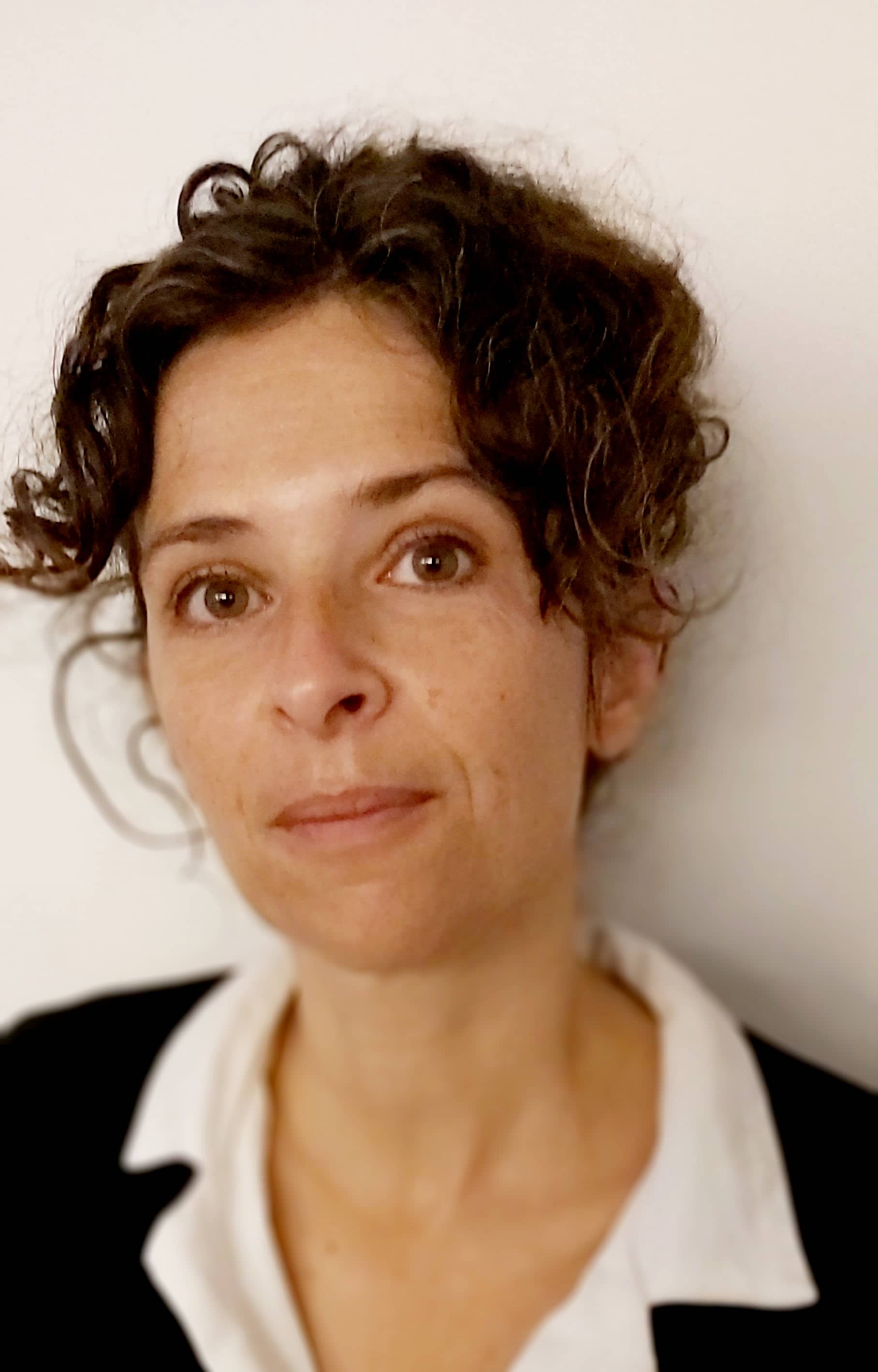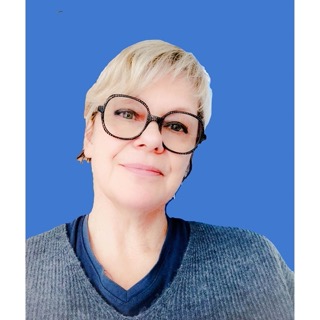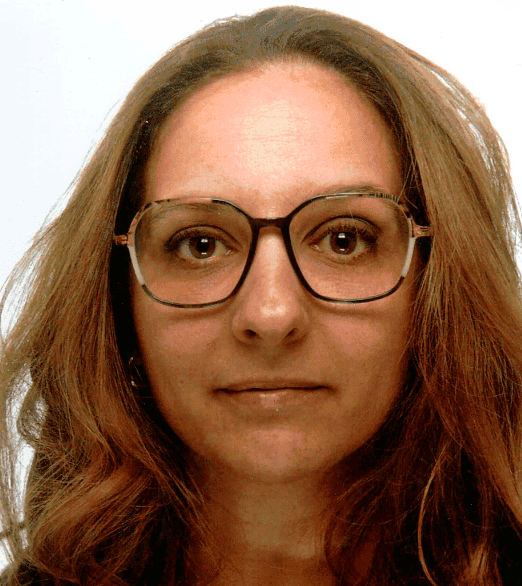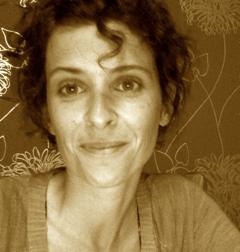Pays : France
Langue(s) : anglais
Date : du 05-09-2011 au 09-09-2011
Lieu : Lyon
Organisation : European Science Education Research Association (ESERA)
Programme :
L'ESERA organise tous les 2 ans une conférence sur le thème de l'enseignement des sciences. Pour l'édition 2011, les 14 thèmes suivants ont été retenus :
1. Learning science conceptual understanding
Co-chairs: Roser Pinto, Claudia Von Aufschnaiter
Theories, models, and empirical results on conceptual understanding, conceptual change and development of competences; methodology for investigating students’ processes of concept formation and concept use; strategies to promote conceptual development.
2. Learning science cognitive, affective, and social factors
Co-chairs: Silvia Caravita, Albert Zeyer
Cognitive, affective, and social dimensions in learning science. Design of in-school and extra-school learning environments and study of teaching/learning processes. Representational languages and knowledge organization. Collaborative construction of knowledge.
3. Teaching and learning science
Co-chairs: Reinders Duit, Marisa Michelini
Relations between teaching practices and student cognitive and affective development, planning teaching/learning intervention. Research based intervention and its role for curricula planning, instructional paths and learning outcomes, monitoring learning and its role in teaching practices, laboratory-based practice.
4. ICT and other resources for teaching/learning science
Co-chairs: Jari Lavonen, Patricia Marzin
Design and use of resources and environments for teaching/learning science: ICT and TEL in science education, other resources (science textbooks, teaching sequences, etc.).
5. Nature of science, History, Philosophy, Sociology of Science
Co-chairs: John K. Gilbert, Mercé Izquierdo
The implications of nature of science, its history, philosophy, sociology and epistemology, for science education. The significance of models and modelling for science education as reflected in the particular importance attached to the use of metaphors, analogy, visualization, simulations and animations in science.
6. Discourse and argumentation in science education
Chair: Marilar Jimenez-Aleixandre; Maria Evagorou
Understanding, supporting and promoting use of evidence and argumentation discourse in science education. Scientific practices related to knowledge evaluation and communication. Supporting the development of critical thinking. Discourse analysis. Talking and writing science in the classroom. Meaning making in science classrooms.
7. Scientific literacy and socio scientific issues
Chair: Virginie Albe, Robert Evans
Teaching about scientific literacy, science and citizenship education, science and media education, information literacy, informal reasoning and critical thinking, decision making, debates on socioscientific issues (SSI), discourse communities, social dimension of science and technoscientific practices, public engagement in science, schools', students' and teachers' engagement in socioscientific issues.
8. Environmental, health and Informal-Outdoor Science education
Co-chairs: Graça Carvalho, Miriam Ossevoort
Ecological and Environmental Education, Education for Sustainable Development, environmental health, health education and health promotion. Lifestyles and attitudes towards health and the environment. Developing and evaluating the impact of programmes and experiences outside classrooms, including those organised by institutions other than schools.
9. Science curriculum, educational policy
Co-chairs: Jens Dolin, Miia Rannikmäe
Curriculum development. Reform implementation, dissemination and evaluation. International comparison studies such as TIMSS and PISA. Evaluation of schools and institutions. Policy and Practice issues: local, regional, national, or international issues of policy related to science education.
10. Evaluation and assessment of student learning and development
Chair: Robin Millar
Development, validation and use of standardized tests, achievement tests, high stakes tests, and instruments for measuring attitudes, interests, beliefs, self-efficacy, science process skills, conceptual understandings, etc; authentic assessment, formative assessment, summative assessment; approaches to assessment.
11. Cultural, Social and Gender Issues
Chair: Helene Sorensen, Mariana Hagberg
Equity and diversity issues: Sociocultural, multicultural, bilingual, racial/ethnic, gender equity studies and science education for the special needs.
12. Pre-service science teacher education
Chair: Dimitris Psillos, Rosa Maria Sperandeo
Pre-service professional development of teachers, instructional methods in preservice teacher education, programs and policy, field experience, relation of theory with practice, and issues related to pre-service teacher education reform
13. In-service science teacher education, professional development
Chair: Margareta Ekborg, Shirley Simon
In-service science teacher education, teachers as lifelong learners; methods, innovation and reform in professional development; evaluation of professional development practices, reflective practice, teachers as researchers, and action research.
14. Early years science education
Co-chairs: Costas Constantinou, Jane Johnston
Emergent science, science pedagogy and learning in the early years, cognitive resources for science learning, early years science and technology curriculum, innovative teaching practices in the early years, children’s learning, preschool science, early years teacher education in science.
There will be 4 plenary conferences; one on each of the following themes :
* Philosophy of Science & Citizenship by Prof. Isabelle Stengers – Bruxelles Univ. - Belgium
* Socio-scientific issues by Prof. Laurence Simonneaux - ENFA ; Toulouse - France
* Analysing classroom activities by Prof. Gregory Kelly – Pennsylvania State Univ. in State College, PA. – US
* Teacher development by Prof. Jan Van Driel - Leiden University - The Netherlands
SPECIAL CONFERENCE: Mrs Celestine PEA from US National Science Foundation will give a conference upon "The US National Science Foundation’s Directorate for Education and Human Resources, Division of Research on Learning: An informal opportunity to discuss research that supports STEM education in the US and beyond".
URL : http://www.esera2011.fr/
mot(s) clé(s) : didactiques disciplinaires, sciences
ESERA 2011 - 9th European Science Education Research Association Conference
Date : du 05-09-2011 au 09-09-2011
Lieu : Lyon
Organisation : European Science Education Research Association (ESERA)
Programme :
L'ESERA organise tous les 2 ans une conférence sur le thème de l'enseignement des sciences. Pour l'édition 2011, les 14 thèmes suivants ont été retenus :
1. Learning science conceptual understanding
Co-chairs: Roser Pinto, Claudia Von Aufschnaiter
Theories, models, and empirical results on conceptual understanding, conceptual change and development of competences; methodology for investigating students’ processes of concept formation and concept use; strategies to promote conceptual development.
2. Learning science cognitive, affective, and social factors
Co-chairs: Silvia Caravita, Albert Zeyer
Cognitive, affective, and social dimensions in learning science. Design of in-school and extra-school learning environments and study of teaching/learning processes. Representational languages and knowledge organization. Collaborative construction of knowledge.
3. Teaching and learning science
Co-chairs: Reinders Duit, Marisa Michelini
Relations between teaching practices and student cognitive and affective development, planning teaching/learning intervention. Research based intervention and its role for curricula planning, instructional paths and learning outcomes, monitoring learning and its role in teaching practices, laboratory-based practice.
4. ICT and other resources for teaching/learning science
Co-chairs: Jari Lavonen, Patricia Marzin
Design and use of resources and environments for teaching/learning science: ICT and TEL in science education, other resources (science textbooks, teaching sequences, etc.).
5. Nature of science, History, Philosophy, Sociology of Science
Co-chairs: John K. Gilbert, Mercé Izquierdo
The implications of nature of science, its history, philosophy, sociology and epistemology, for science education. The significance of models and modelling for science education as reflected in the particular importance attached to the use of metaphors, analogy, visualization, simulations and animations in science.
6. Discourse and argumentation in science education
Chair: Marilar Jimenez-Aleixandre; Maria Evagorou
Understanding, supporting and promoting use of evidence and argumentation discourse in science education. Scientific practices related to knowledge evaluation and communication. Supporting the development of critical thinking. Discourse analysis. Talking and writing science in the classroom. Meaning making in science classrooms.
7. Scientific literacy and socio scientific issues
Chair: Virginie Albe, Robert Evans
Teaching about scientific literacy, science and citizenship education, science and media education, information literacy, informal reasoning and critical thinking, decision making, debates on socioscientific issues (SSI), discourse communities, social dimension of science and technoscientific practices, public engagement in science, schools', students' and teachers' engagement in socioscientific issues.
8. Environmental, health and Informal-Outdoor Science education
Co-chairs: Graça Carvalho, Miriam Ossevoort
Ecological and Environmental Education, Education for Sustainable Development, environmental health, health education and health promotion. Lifestyles and attitudes towards health and the environment. Developing and evaluating the impact of programmes and experiences outside classrooms, including those organised by institutions other than schools.
9. Science curriculum, educational policy
Co-chairs: Jens Dolin, Miia Rannikmäe
Curriculum development. Reform implementation, dissemination and evaluation. International comparison studies such as TIMSS and PISA. Evaluation of schools and institutions. Policy and Practice issues: local, regional, national, or international issues of policy related to science education.
10. Evaluation and assessment of student learning and development
Chair: Robin Millar
Development, validation and use of standardized tests, achievement tests, high stakes tests, and instruments for measuring attitudes, interests, beliefs, self-efficacy, science process skills, conceptual understandings, etc; authentic assessment, formative assessment, summative assessment; approaches to assessment.
11. Cultural, Social and Gender Issues
Chair: Helene Sorensen, Mariana Hagberg
Equity and diversity issues: Sociocultural, multicultural, bilingual, racial/ethnic, gender equity studies and science education for the special needs.
12. Pre-service science teacher education
Chair: Dimitris Psillos, Rosa Maria Sperandeo
Pre-service professional development of teachers, instructional methods in preservice teacher education, programs and policy, field experience, relation of theory with practice, and issues related to pre-service teacher education reform
13. In-service science teacher education, professional development
Chair: Margareta Ekborg, Shirley Simon
In-service science teacher education, teachers as lifelong learners; methods, innovation and reform in professional development; evaluation of professional development practices, reflective practice, teachers as researchers, and action research.
14. Early years science education
Co-chairs: Costas Constantinou, Jane Johnston
Emergent science, science pedagogy and learning in the early years, cognitive resources for science learning, early years science and technology curriculum, innovative teaching practices in the early years, children’s learning, preschool science, early years teacher education in science.
There will be 4 plenary conferences; one on each of the following themes :
* Philosophy of Science & Citizenship by Prof. Isabelle Stengers – Bruxelles Univ. - Belgium
* Socio-scientific issues by Prof. Laurence Simonneaux - ENFA ; Toulouse - France
* Analysing classroom activities by Prof. Gregory Kelly – Pennsylvania State Univ. in State College, PA. – US
* Teacher development by Prof. Jan Van Driel - Leiden University - The Netherlands
SPECIAL CONFERENCE: Mrs Celestine PEA from US National Science Foundation will give a conference upon "The US National Science Foundation’s Directorate for Education and Human Resources, Division of Research on Learning: An informal opportunity to discuss research that supports STEM education in the US and beyond".
URL : http://www.esera2011.fr/
mot(s) clé(s) : didactiques disciplinaires, sciences



